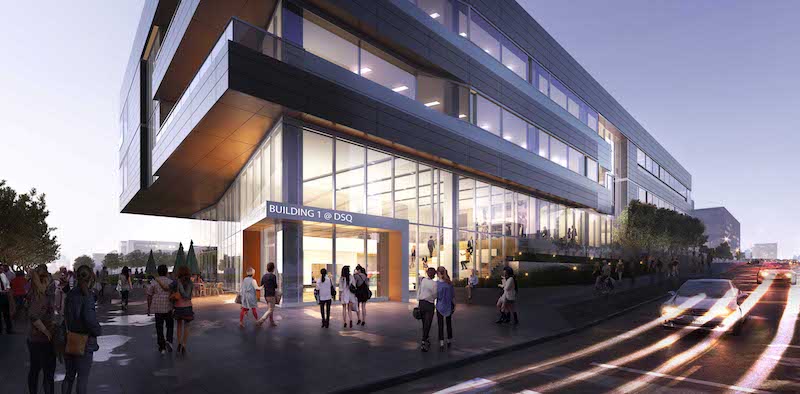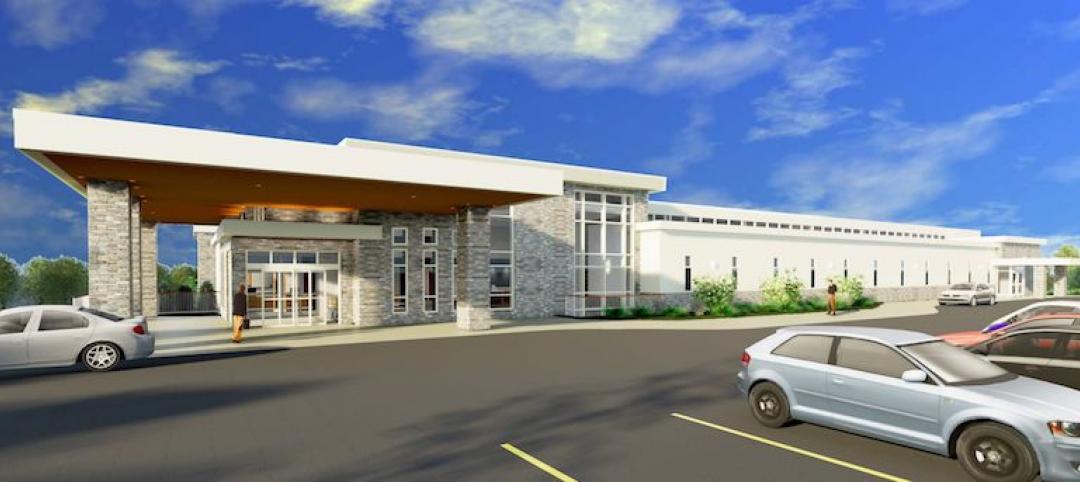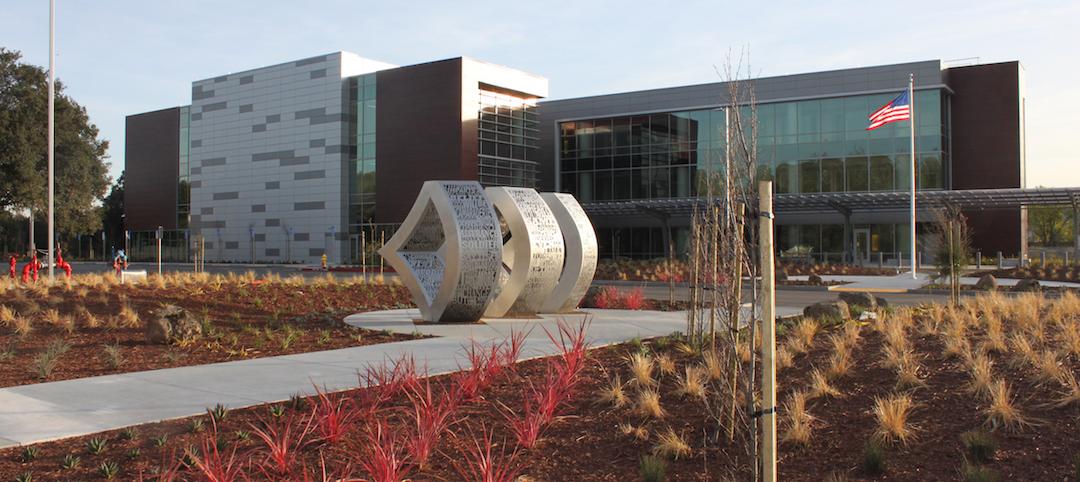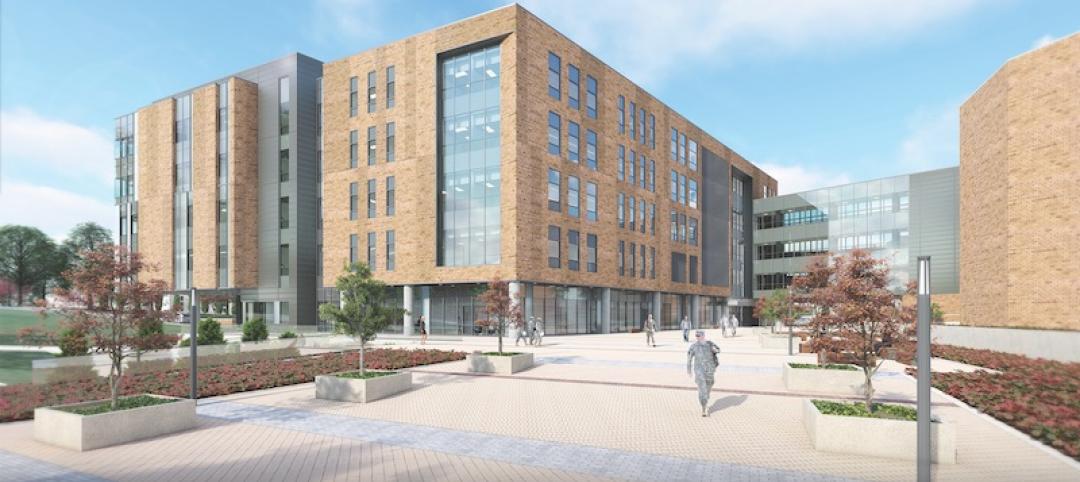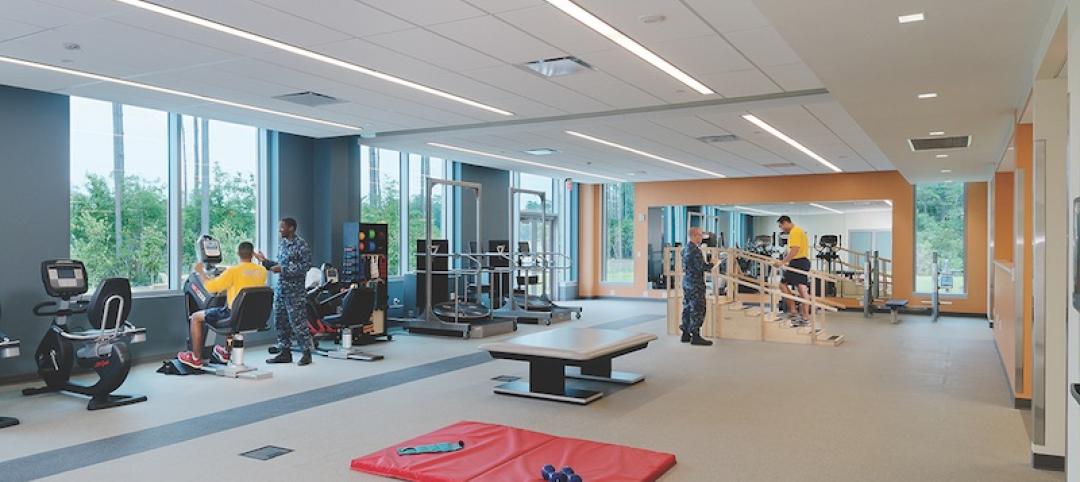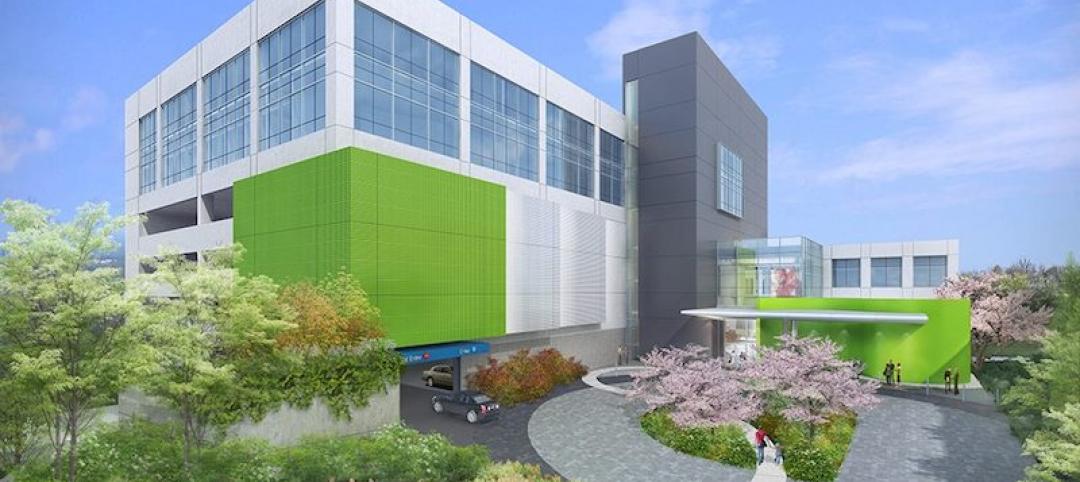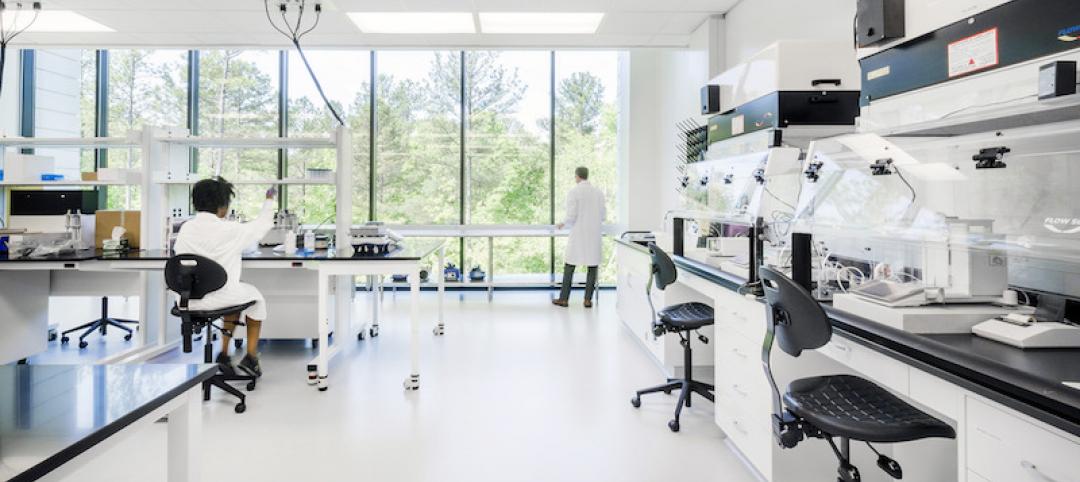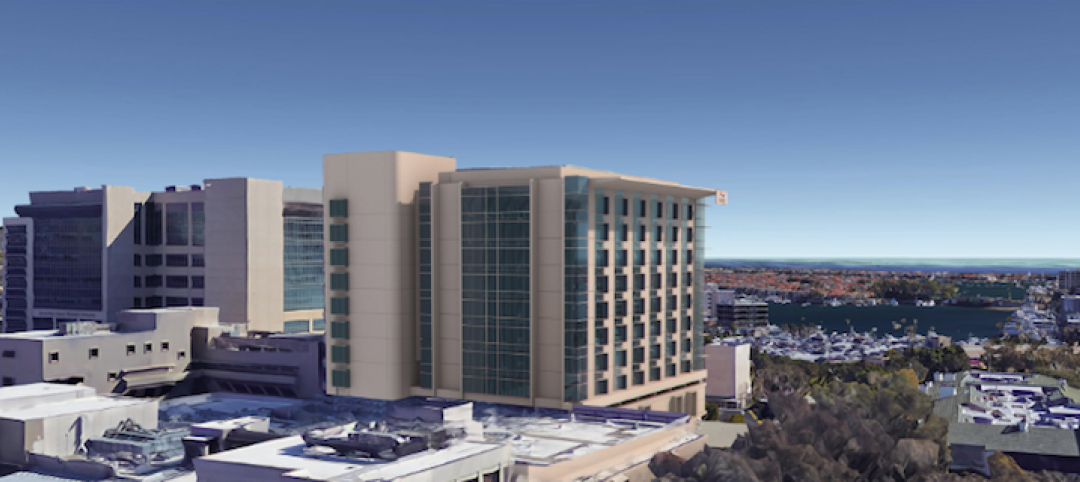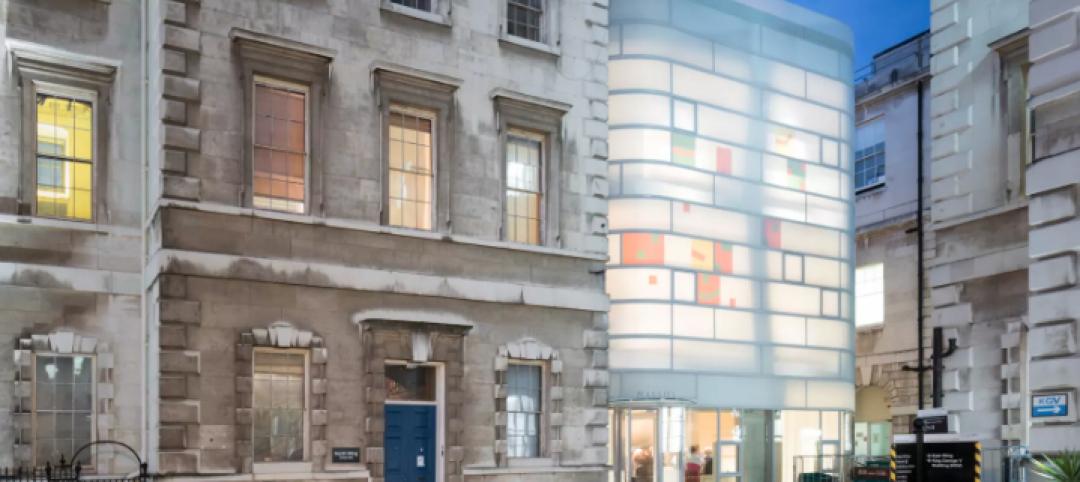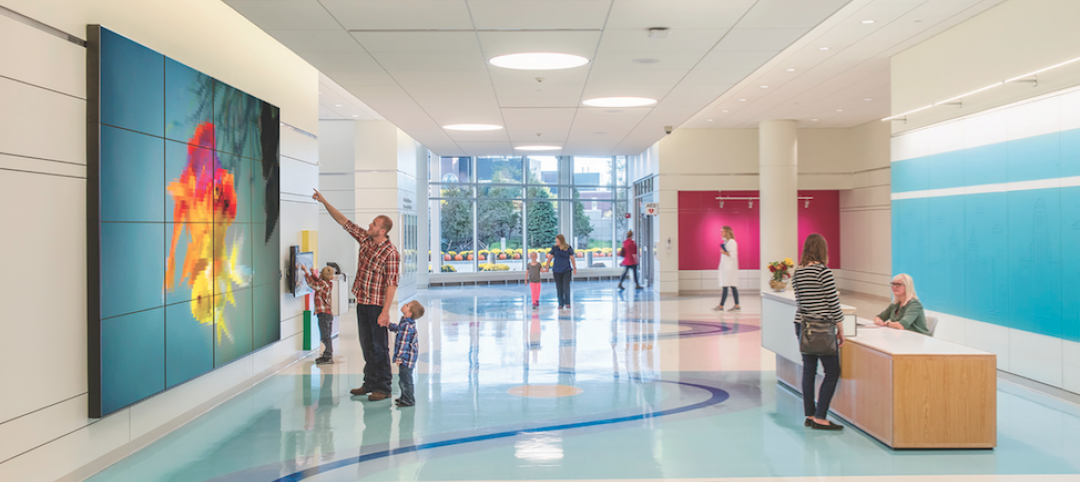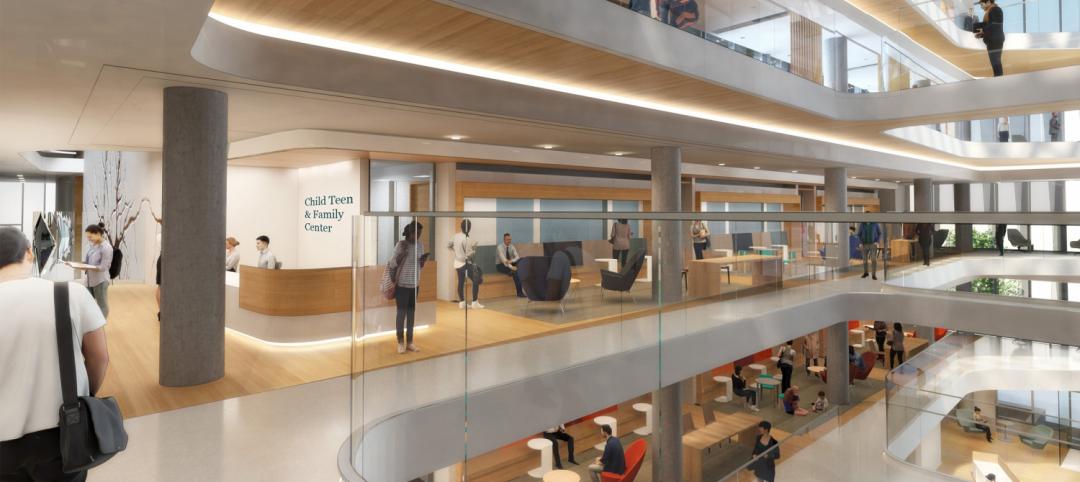Destination Medical Center in Rochester, Minn., is a 20-year economic development initiative that, at $5.6 billion, is the largest in Minnesota’s history. The Mayo Clinic will account for $3.5 billion of that investment, with the state kicking in $585 million and private investors $2.1 billion.
Among this initiative’s six sub districts will be an urban research campus called Discovery Square, a 16-block mixed-use neighborhood for entrepreneurs, researchers, startups, and established businesses with Mayo Clinic adding more than 2 million sf of collaborative space.
Among the five projects at Discovery Square that have either been completed or proposed is the so-called Mortenson Project, a highly connected, urban life science ecosystem of mixed uses, including life science businesses, start-ups and spin-offs, retail, hotel, commercial development and residential areas, anchored by Mayo Clinic.
M.A. Mortenson, the construction and real estate development firm, is the developer of this project, and late last month revealed the design and location for its first building, which is scheduled to break ground later this year with a target completion date of 2019.
The 60,000-plus-sf facility will be located at the corner of 4th Street SW and 2nd Avenue, atop a surface parking lot near the Mayo Clinic and the Gonda Building, and adjacent to the hospital’s Guggenheim, Hilton, and Stabile buildings. The building will be within walking distance of Rochester’s thriving Historic Southwest neighborhood of restaurants and retail.
A spokesperson for Mortenson tells BD+C that the building could be scaled up to 100,000 sf, if tenant demand warrants.
To clear the way for this initial Discovery Square project, Mayo Clinic's 428 Building, the former Vine Funeral Home, at 428 Third Ave. SW will be demolished, Jeremy Jacobs, Mortenson’s development executive, told the Rochester Post Bulletin
The building’s integrated design—by Minneapolis-based RSP Architects and St. Louis-based HOK—will feature flexible, open workspaces that allow tenants to adapt and expand as the life sciences industry evolves. The building’s common spaces will be centralized to promote tenant interaction.
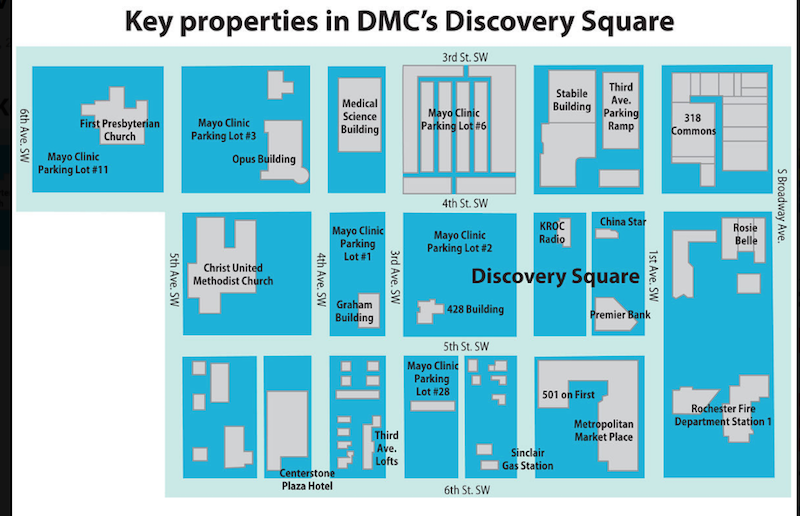
The 16-block Discovery Square would add 2 million sf of commercial and residential space over the next two decades, and probably replace some of the structures there now. Image: Rochester Post Bulletin
“Development of Discovery Square is a major step forward for the world of life science research,” says Eli Hoisington, AIA, LEED AP, HOK’s design principal. “Discovery Square will be a bridge to the mission of Mayo Clinic. The first phase will provide a new ‘address’ for the future of life science, research, education, technology, and innovation.”
Mortenson’s building will within the proximity of Collider, a coworking hub that will also offer monthly events and educational opportunities for entrepreneurs.
Colliers is serving as the leasing agent and will oversee tenant recruitment in partnership with Mortenson and the DMC Economic Development Agency.
“The goal of Discovery Square is to accelerate the translation of medical research from bench to bedside,” says Mortenson’s Jacobs. “Colliers’ expertise will help us bring together the right mix of entrepreneurs and industry leaders in life science research, education, technology and innovation to achieve this noble end.”
Related Stories
Healthcare Facilities | Oct 30, 2018
Orthopedic Associates of Hartford unveils plans for 45,000-sf surgical center
MBH ARCHITECTURE is the architect for the project.
Healthcare Facilities | Oct 29, 2018
Outpatient clinics bring the VA closer to injured veterans
The Department of Veterans Affairs is making efforts to improve its construction management and align its design guidelines to industry standards.
Healthcare Facilities | Oct 22, 2018
WSP-HKS JV signs deal for U.S. Navy construction work
The contract is not exclusive to the two firms, but it lets NAVFAC assign certain projects to them.
Healthcare Facilities | Oct 12, 2018
N.Y. builder pushes to get military trauma centers up and running quicker
To date, seven NICoE Spirit satellite centers have been built on the grounds of Fort Belvoir in Virginia, Camp Lejeune and Fort Bragg in North Carolina, Fort Campbell in Kentucky, Fort Hood in Texas, Joint Base Lewis-McChord in Washington, and Camp Pendleton in California.
Healthcare Facilities | Sep 7, 2018
Medical office construction isn’t keeping pace with the aging of America
A new Transwestern report suggests a “rethinking” of healthcare delivery approaches that lean heavier on technology.
Engineers | Aug 22, 2018
An electrical engineer’s take on designing successful pharmaceutical lab space
Patrick Licklider, PE, CEM, GGP, LEED AP BD+C, an electrical engineer in Clark Nexsen’s Science + technology practice, shares his perspective on what it takes to successfully design laboratory and manufacturing environments for the fast-changing pharmaceutical and biotech industry.
Healthcare Facilities | Aug 3, 2018
Seismic deadlines approaching for healthcare companies
California hospitals can save money with a holistic approach to retrofit issues.
Healthcare Facilities | Jul 30, 2018
Best in healthcare design 2018: Seven projects win AIA/AAH Healthcare Design Awards
The Steven Holl-designed Maggie’s Centre Barts cancer treatment facility in London highlights the honorees of the AIA Academy of Architecture for Health 2018 Healthcare Design Awards.
Healthcare Facilities | Jul 26, 2018
Healthcare market trends 2018: Health systems get leaner, more resilient
Hospitals set their sights on improving patient convenience and operational efficiency.
Healthcare Facilities | Jul 11, 2018
5 ways design is transforming behavioral healthcare
Circadian lighting, calming materials, and transparency are helping to normalize the patient experience in behavioral healthcare.


